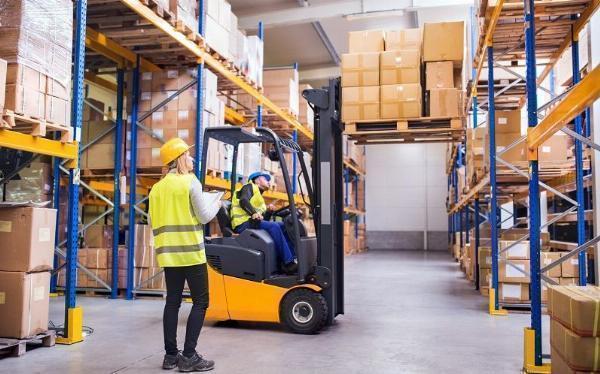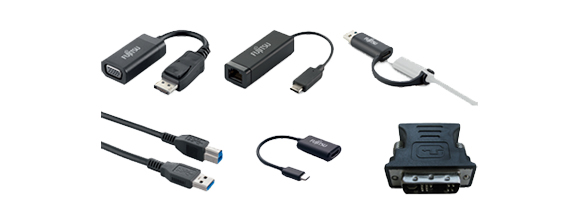Common Forklift Training Mistakes and How to Avoid Them:

Forklifts are powerful industrial vehicles used in various workplaces, from warehouses to construction sites, to transport heavy loads efficiently. However, operating a forklift requires proper training and adherence to safety protocols to prevent accidents and injuries. Unfortunately, many operators make mistakes during training that can compromise safety and productivity. In this guide, we'll explore some common forklift training mistakes and provide tips on how to avoid them.
Skipping Proper Training:
One of the most common mistakes in forklift operation is skipping or insufficiently completing training. Some individuals may underestimate the complexity of operating a forklift or assume that they can learn on the job. However, proper forklift training is essential for understanding safety procedures, equipment operation, and load-handling techniques. To avoid this mistake, ensure that all operators undergo comprehensive forklift training from certified instructors before operating the equipment.
Lack of Familiarity with Equipment:
Another common mistake is operating a forklift without fully understanding its controls and functions. Inadequate familiarity with the equipment can lead to accidents, such as collisions, tip-overs, or improper load handling. Operators should take the time to familiarize themselves with the forklift's controls, including steering, lifting, and braking mechanisms, before operating it. Regular equipment inspections can also help identify any issues or malfunctions that may compromise safety.
Neglecting Safety Procedures:
Safety should always be a top priority in forklift operations, but some operators may neglect or overlook safety procedures, especially during routine tasks. This can include failure to wear seat belts, ignoring speed limits, or not using horn signals to alert pedestrians. To avoid this mistake, operators should adhere to all safety protocols and guidelines established by regulatory agencies and employers. Regular safety training sessions can reinforce the importance of safe forklift operation and reduce the risk of accidents.
Improper Load Handling Techniques:
Improper load handling is a common cause of accidents and injuries in forklift operations. This can include overloading the forklift, unevenly distributing the load, or failing to secure the load properly. Such mistakes can lead to tip-overs, dropped loads, or damage to the forklift and surrounding property. To prevent this, operators should be trained in proper load handling techniques, including assessing load weights, centering the load on the forks, and using appropriate attachments and securing methods.
Failure to Maintain Situational Awareness:
Maintaining situational awareness is critical for safe forklift operation, but some operators may become complacent or distracted while on the job. This can result in collisions with obstacles, pedestrians, or other vehicles in the workplace. To avoid this mistake, operators should remain alert and focused at all times, scanning their surroundings for potential hazards and adjusting their speed and trajectory accordingly. Avoiding distractions, such as using mobile phones or listening to music, can help maintain situational awareness and prevent accidents.
Inadequate Communication:
Effective communication is essential for safe forklift operations, especially in busy work environments where multiple forklifts and personnel are present. Some operators may fail to communicate effectively with coworkers, leading to misunderstandings or accidents. To avoid this mistake, operators should use clear verbal and visual signals to communicate their intentions, such as signaling before reversing, indicating when passing through intersections, or warning others of approaching forklifts.
Ignoring Maintenance and Inspections:
Regular maintenance and inspections are vital for ensuring the safe and efficient operation of forklifts, but some operators may neglect these tasks. Ignoring maintenance schedules or failing to report issues can result in mechanical failures or malfunctions that compromise safety. To avoid this mistake, operators should adhere to recommended maintenance schedules, conduct pre-shift inspections, and promptly report any signs of wear, damage, or malfunction to maintenance personnel.
Final Thoughts:
By recognizing and addressing common forklift training mistakes, operators can enhance safety, productivity, and efficiency in the workplace. From prioritizing proper training and equipment familiarity to adhering to safety procedures and communication protocols, avoiding these mistakes requires a commitment to continuous improvement and adherence to best practices in forklift operations. By investing in comprehensive training and fostering a culture of safety and accountability, organizations can minimize the risk of accidents and create a safer working environment for all.
Note: IndiBlogHub features both user-submitted and editorial content. We do not verify third-party contributions. Read our Disclaimer and Privacy Policyfor details.




